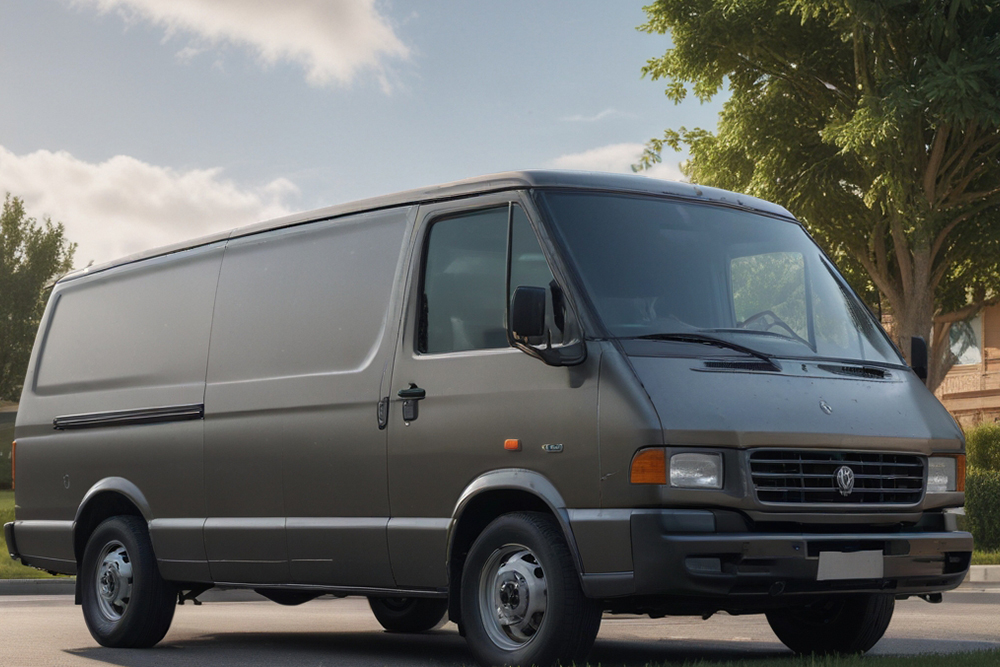7 Tips to Buy a Used Cargo Van
Individuals or small businesses who transport heavy loads around the city could consider getting a cargo van. These vehicles have a spacious enclosed area at the back to store packages safely and securely. Some prefer purchasing a used cargo van instead of a new one to save money. While that’s a good idea, individuals should research well and keep a few key things in mind to get the best deal.

1. Evaluate the insurance costs
Buying auto insurance is important when getting a used van, as it ensures one does not have to pay for the expenses if the vehicle is stolen or damaged due to a collision. That said, insurance expenses form a large part of the van’s total cost, so people need to take their time and not rush with this step. Insurance costs generally change based on the amount of goods transported regularly, the van’s daily usage limits, and the area where the used cargo van operates.
Assessing insurance costs ensures the second-hand van falls within a person’s budget. Businesses planning to purchase a fleet of vans can consider signing up for fleet van insurance to get lower premium rates and better coverage.
2. Evaluate the resale value
If a person or business buys a used cargo van, they might want to sell it later, once the vehicle is no longer needed. Some may also want to sell the van and get a new model with the latest technologies and features. In either case, the money received from the sell-off would depend on the van’s resale value. That’s why buyers must keep this factor in mind at the time of purchase and choose a vehicle that does not depreciate quickly. Used cargo vans from reputed brands generally meet this criterion as they have a durable body structure and better quality parts.
Since the resale value of vans tends to vary depending on the brand, condition, age, and other factors, calculating it can get tricky. Those who need help with this step can visit several used van resale value calculators. While the process can take time, estimating a used van’s resale value before buying it may bring down the overall cost of ownership.
3. Check fuel efficiency and mileage
Many people and businesses use cargo vans to transport goods over long distances. In such a situation, picking a used van with poor fuel efficiency would be a bad idea. Although such a vehicle may be cheaper, owners would have to spend a lot on fuel in the long run, especially if they own a fleet. On the other hand, models with high fuel efficiency may help one save on fuel costs. So, buyers must compare multiple used vans and choose the one with the best fuel economy ratings to reduce the overall cost of ownership.
Paying attention to the used van’s odometer reading is also important. Vehicles driven for many years may not optimize fuel consumption and often have issues with their fuel tanks. Closely checking mileage figures can help buyers avoid faulty or malfunctioning used cargo vans.
4. Assess cargo needs
The most critical step when buying a used cargo van is closely assessing its cargo space and payload capacity. It is not recommended to get a smaller van and stuff it with goods beyond its capacity. The used vehicle may not be as strong and steady as before, and overloading it can increase the risk of a breakdown or an accident. Such mistakes can result in a huge waste of money as one would have to make other luggage-carrying arrangements. So, it’s best to assess one’s cargo needs and shortlist options accordingly.
5. Pay attention to the entrance and exit points
Cargo vans are loaded and unloaded several times throughout the day, especially when used for business purposes. So, their entry and exit points need to be well-designed for easy access. The kind of doors the used van should have will differ from one business to another based on the kind of deliveries they make. For example, it may need to have sliding rear doors if the loading and unloading are done in tight spaces.
6. Look for uneven wear on tires
When inspecting the used van, buyers must ensure the treads on the tires are even. Uneven wear on the front and rear treads point toward steering, suspension, or tracking issues. Besides checking for uneven treading, one must ensure the tread depth does not go below 3 mm. If a van’s tread depth is too low, it will take longer to stop after applying the brakes. The sidewalls of the tires must also be free of bulge and damage, as these issues can result in blowouts.
7. Consider the van’s overall condition
Pre-owned vehicles do not cost as much as brand-new ones. That said, vans with incredibly low price tags are usually in bad shape and need repairs and refurbishments before they become usable. This is why one must closely inspect a given van. Individuals must check how much utility they can get out of it before investing their hard-earned money. Only considering the cost of the used cargo van and ignoring its condition can result in buyers spending more than necessary in the long run.
One must also choose the right seller when buying used vehicles. Certified nearby dealerships and reputed online websites are generally the best places to buy used cargo vans.




